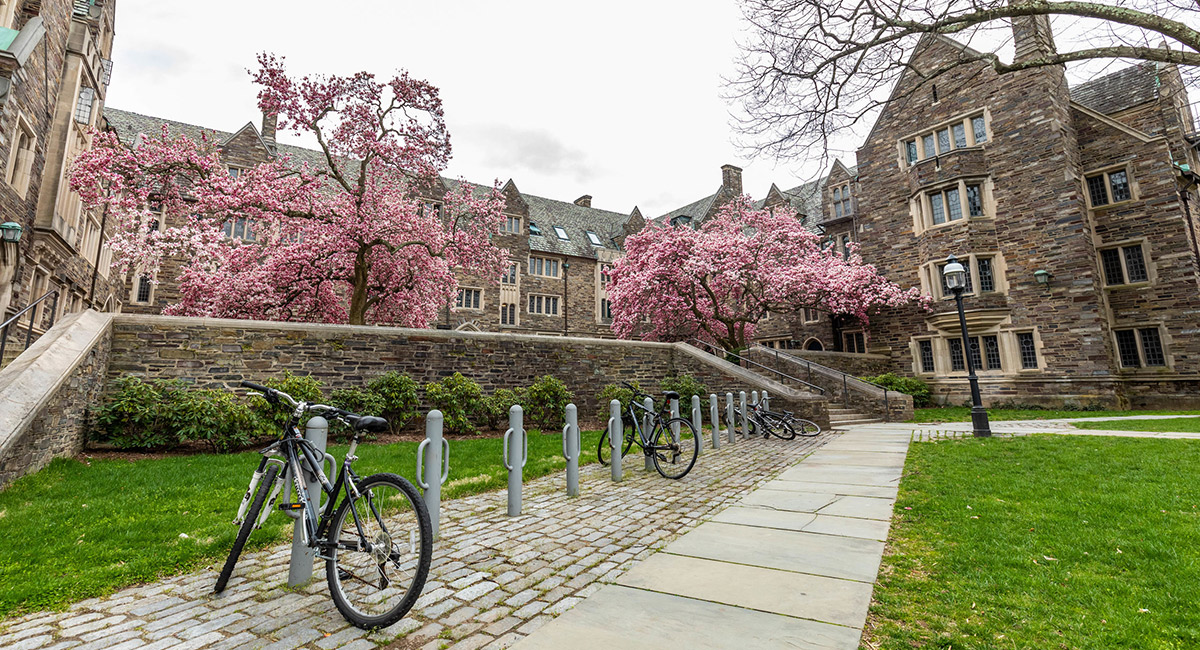My apologies to Oscar Hammerstein, whose song “You’ll Never Walk Alone” from his great 1945 musical Carousel with Richard Rodgers not only is one of the great triumphs of the American musical theater but later became the anthem for an English football team and other sporting organizations. I think my slightly revised title should become the anthem of the American Council on Education (ACE), the Association of American Universities (AAU), and/or other higher-education groups that gather to piously pontificate and party periodically.
Not only has “wokeness” grievously damaged American higher education, importantly contributing to the dramatic decline in public confidence in our colleges, but its intellectually poisonous effects have spread to other sectors of American life, especially business, fundamentally challenging the private free-market, profit-driven model that is the single most important reason why the United States over the course of the 20th century became the world’s most successful nation, a magnet for the poor and oppressed across the planet.
The Cold War, lasting roughly from 1945 to 1990, came to an end due to the courage and imagination of American leaders like Ronald Reagan and George Shultz and Soviet leaders like Mikhail Gorbachev and Eduard Shevardnadze, all of whom overcame the hard-liners on both sides who believed a negotiated agreement to wind down hostilities between the two superpowers was impossible. We need similar thinking and action to end the scourge that wokeness is inflicting on higher education and American life.
Collegiate wokeness is largely both a cause and consequence of a political mindset that rejects the tolerance and civility of traditional academic discourse in favor of an ideological zeitgeist eerily reminiscent of old Marxist and Nazi thinking, in which there is only one Truth that must be discussed and ultimately venerated—a quasi-religion masquerading as God. Similar to Nazism, this ideology grew out of fundamentally racist and sexist thinking: Attention to biological characteristics like race and gender were considered of paramount importance in assessing and advancing the human condition. Fortunately, to the electoral multitudes rather well educated in past generations, this woke supremacy is viewed with suspicion and outright alarm, as the rise in anti–DEI (diversity, equity, and inclusion) legislative initiatives indicates.
As higher-education enrollment has fallen for 11 straight years—from 2011 through 2022—businesses and even governments have started to relax the credential inflation that nearly made it necessary to have a master’s degree in janitorial science in order to mop floors or a degree in chemistry to become a bartender (like most academics, I exaggerate a bit). We are rediscovering that some higher learning can occur in less than four years at institutions without “college” or “university” in their title.
Up to this point, the ACE/AAU crowd, which thinks it represents American higher education, has lavishly funded and encouraged the DEI anti-merit and anti-free-expression approach. The market response (fewer students) and political fallout (more restraints imposed from politicians on collegiate behavior) to date have not much impacted the woke zealousness of the heads of universities or their largely subservient and often clueless governing boards. But that is starting to change. Federal dropping of money out of airplanes on college campuses, or its equivalence, helped colleges forestall fiscal disaster over the last three years, but that money is running out. The Biden administration has little clout in the short run—and, very possibly, in the long run—to restore bailouts for its academic allies who are de facto wards of the state.
This is to say that America is ripe for a new revolution in thinking about higher learning. Fresh, new ideas are needed. I am attending a conference shortly at a leader in innovative approaches, the new University of Austin, where some of the best and brightest university names are contemplating how the academy can achieve the needed three “Rs”—recovery, reform, and revitalization—similar conceptually but not in content to the three New Deal “R” monikers of relief, recovery, and reform. Or, to invoke two other cries from the distant past: “It’s time for a change”; “Give me liberty, or give me death!”













